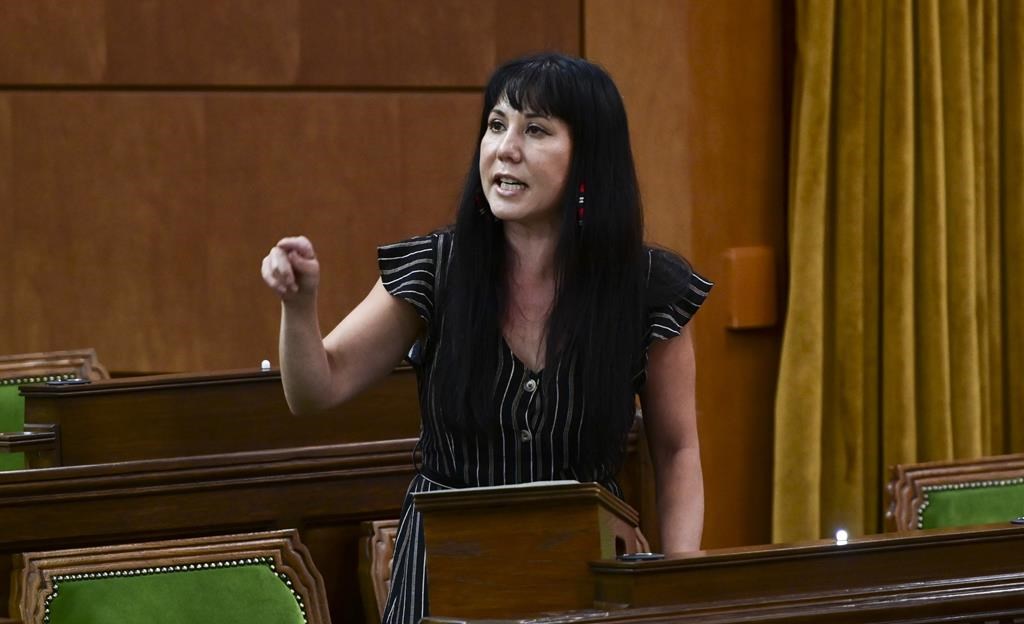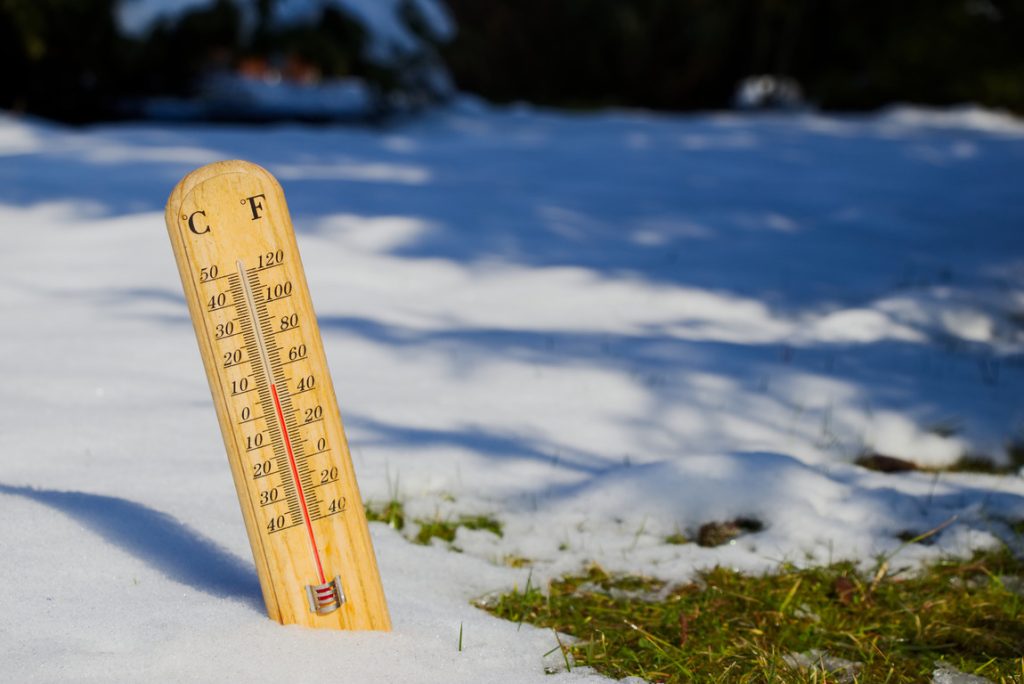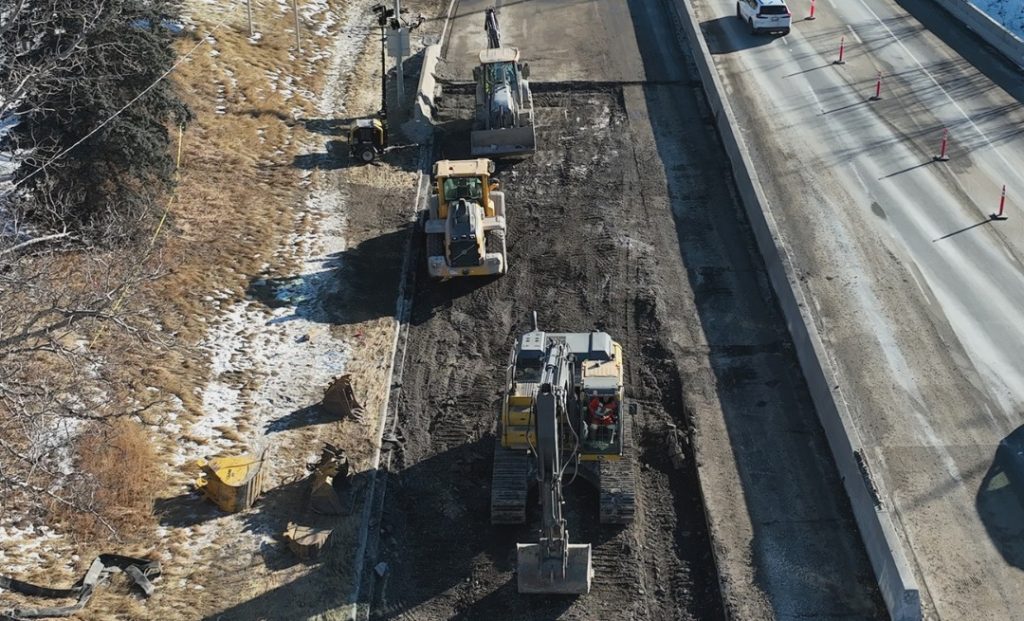Motion to call residential schools ‘genocide’ a victory over misinformation, denialism: expert

Posted Nov 1, 2022 4:12 pm.
A professor of Indigenous studies says denialists will have a more difficult time spreading misinformation now that a unanimous motion was passed in the House of Commons to officially recognize what happened in residential schools as an act of genocide.
“A lot of these talking points – that have been thoroughly discredited – don’t have the same currency that they once did,” said Sean Carleton, an assistant professor of history and Indigenous studies at the University of Manitoba.
Carleton says denialism of what actually happened at residential schools in Canada made a resurgence in 2017 and gained traction again during the pandemic.
He says denialists often choose to downplay facts instead of outright denying them.
RELATED: All MPs should recognize residential schools as a genocide, says Winnipeg Centre MP
But Carleton notes that with the Canadian government now using the term genocide, along with the Pope’s statement this summer saying the same thing, people’s attitudes are changing.
“People need to realize that in genocide studies, denial is the final step of genocide, and so acknowledging the residential school system as a genocide also means we can understand the denialist talking points as the final step of trying to justify and hide and discredit,” said Carleton. “Now that it has been recognized, we can see denialism as non-legitimate talking points.
“The (Truth and Reconciliation Commission) made it very clear: without truth, there can be no genuine reconciliation. And that’s why I think this motion is so important.”
WATCH: Pope apologizes for ‘evil’ of residential schools
An estimated 150,000 Indigenous children were forced to attend residential schools over a century. More than 60 per cent of the schools were run by the Catholic Church.
The TRC has detailed mistreatment at the schools, including emotional, physical and sexual abuse of children.
The commission’s final report in 2015 labelled what happened as “cultural genocide.” But in the subsequent years, many Indigenous leaders and experts have said it should just be called genocide.
Leah Gazan, an NDP MP who represents Winnipeg Centre, is the politician who introduced the motion last week after question period.
The motion referred to the United Nations convention on genocide adopted in 1948. It defines genocide as killing members of a group, causing them serious physical or mental harm, placing them under conditions to destroy them, imposing measures to prevent births or forcibly transferring children to another group.
WATCH: The survivor-led search for missing children and unmarked burials
Gazan says she’s seen firsthand the lasting effects denialism has on Indigenous People, especially those with a past at residential schools. She agrees with Carleton that denialism needs to be squashed, and this is a major step in doing so.
“From my perspective, denying what happened is violence towards survivors and their families,” said Gazan. “It needs to be called out, treated seriously. It causes hate and it causes harm.
“When people deny what happened, they cause harm.”
—With files from The Canadian Press








